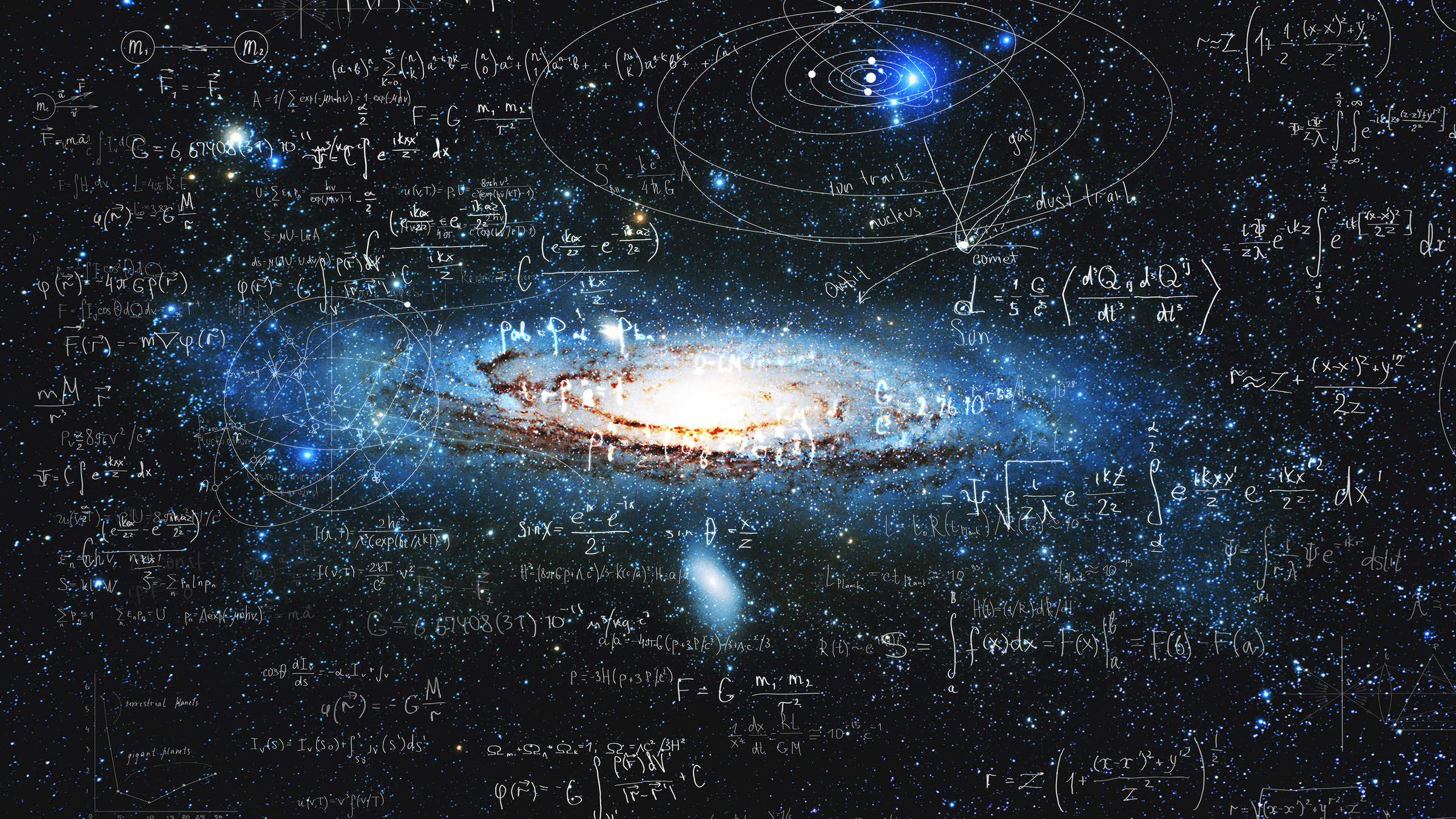Gravitational Waves: A New Key to Understanding the Big Bang?

Scientists are on the cusp of a groundbreaking discovery that could rewrite our understanding of the universe's origins. By studying the faint ripples in spacetime known as gravitational waves, researchers believe they can unlock the secrets of the Big Bang, the cosmic event that sparked the expansion of the universe billions of years ago.
The revelation stems from the detection of almost imperceptible ripples within the very fabric of space and time. These ripples, associated with rapidly spinning neutron stars called pulsar timing arrays, emit a low-frequency hum of gravitational waves. Scientists believe that by studying this hum, we can gain valuable insights into the Big Bang and the universe's early stages.
For decades, researchers have theorized that the low-frequency background hum of gravitational waves is a relic of a "phase transition" that occurred shortly after the Big Bang. However, recent research published in Physical Review Letters challenges this assumption, suggesting that the source of these waves may be far more complex.
Phase transitions are rapid shifts in a substance's properties, often triggered by reaching a specific temperature, like the freezing or boiling point of water. Many scientists believed that a "first-order phase transition" occurred immediately after the Big Bang, creating the initial gravitational waves.
Some even speculated that studying these waves could unlock not only the mysteries of the Big Bang but also reveal information about the universe's pre-Big Bang state. However, the existence of different frequency gravitational waves throws a wrench in this theory, suggesting that they cannot all originate from the same source.
This new research challenges the prevailing narrative and points towards a more complex scenario. It implies that while a phase transition may have occurred after the Big Bang, it might not be the sole source of the gravitational waves we observe. This could lead to exciting new avenues of exploration, potentially even supporting the theory of a "double Big Bang" rather than a single event.
The implications of this research are vast. Understanding the origins and nature of gravitational waves could revolutionise our comprehension of cosmology, offering a unique window into the universe's earliest moments. Further research is needed to fully unravel the mysteries surrounding these cosmic ripples, but it's clear that they hold the key to unlocking the secrets of the Big Bang and rewriting our understanding of the universe's beginnings.





